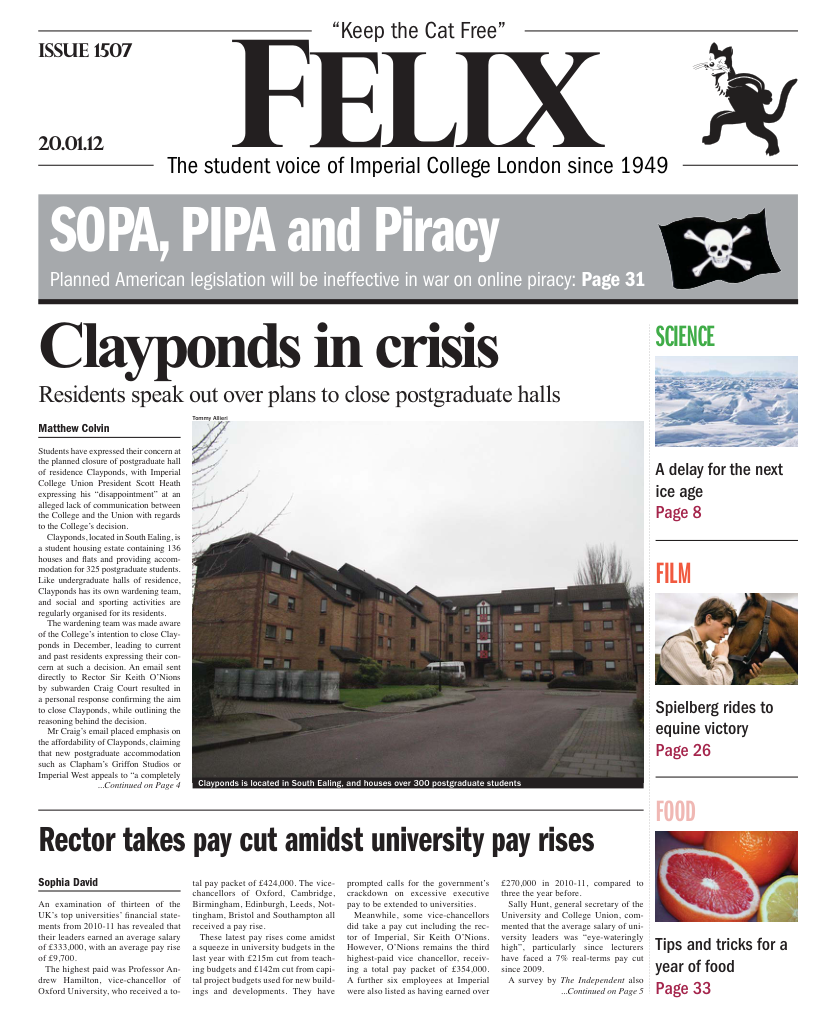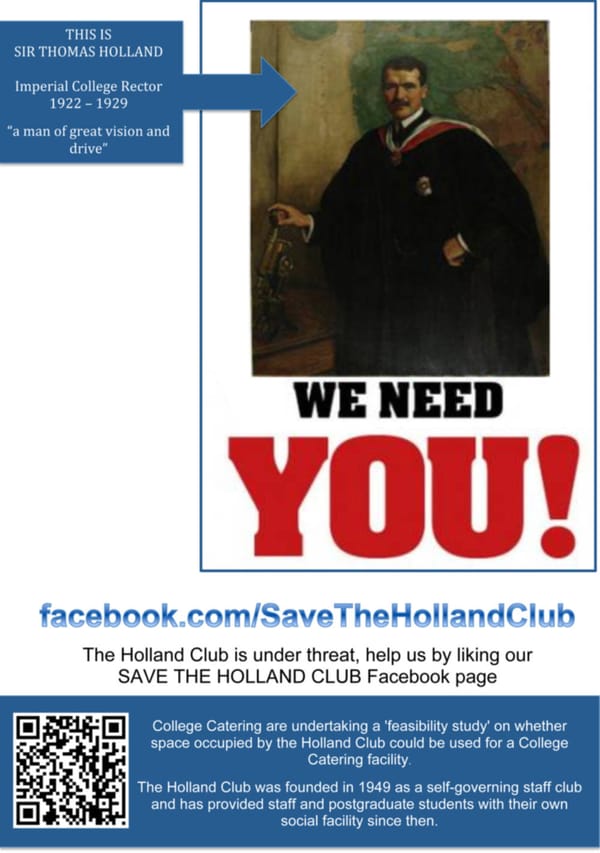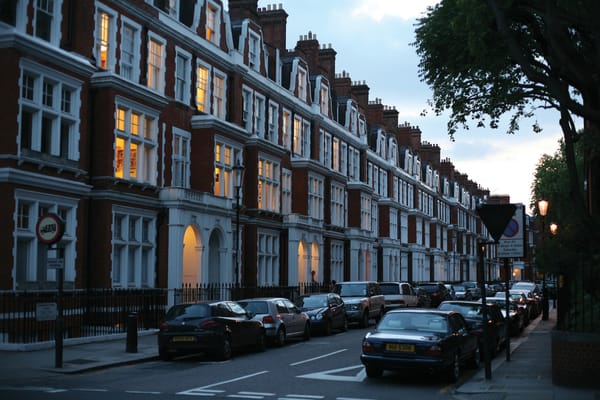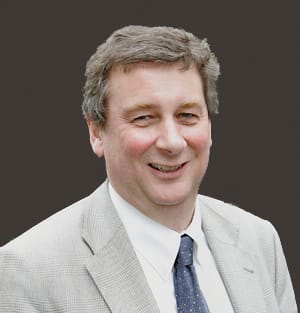For the dead and for the living, we must bear witness
Andrea Levy implores you to take up this opportunity to hear a first-hand testimony from Mrs Ruth Barnett, a Holocaust survivor, at Imperial College
Holocaust Memorial Day is a day of remembrance held annually on the anniversary of the liberation, by Soviet soldiers, of the concentration camp Auschwitz-Birkenau on 27 January 1945. Auschwitz was the largest of the Nazi killing camps, where approximately 1.1 million men, women and children, including Jews, gypsies, the handicapped, homosexuals, Soviet prisoners of war and political dissidents, were killed, out of a total estimate of 11 million assassinations throughout the Holocaust across Europe at the hands of the Nazis, from 1933 to 1945. However, what meaning do these figures hold, with no knowledge of the personal experiences of those involved?
What meaning do these figures hold, with no knowledge of the personal experiences of those involved?
Ruth Barnett, aged 4 and her brother Martin, aged 7, were sent, without their parents, from Berlin to safety in Great Britain, on what is known as the “Kindertransport” in the months between the Kristallnacht Pogrom of 9-10 November 1938 and the start of World War II.
It was as a result of the efforts of the British Jewish Refugee Committee, which appealed to members of Parliament, that a debate was held in the House of Commons, where the focus switched from “immigration concerns” to “rescue” of the children suffering at the hands of the Nazis, “to save the young generation and to mitigate the suffering of their parents”, as Foreign Minister Samuel Hoare then stated.
The survivors need our memory, our compassion and most importantly our commitment
Even though the British government had just refused to allow 10,000 Jewish children to enter Palestine, the atrocities committed by the Nazis towards those they deemed “inferior” and particularly the Kristallnacht Pogrom, swayed the government to permit an unspecified number of children under the age of 17 to enter the United Kingdom, according to the recently founded “Kindertranport Association” (KA). Kindertransports in fact managed to save around 10,000 children, from Germany, Austria, Czechoslovakia and Poland. None of the children were accompanied by their parents and a few were babies carried by children.
On Thursday 26 January, it will be an honour to have Ruth Barnett among us at Imperial, to tell us her experiences. Hers is an unconventional story, who suffered the Holocaust from afar and lived a different trauma to that most often heard about in the media, of those who faced the immediate horrors of the concentration camps. Furthermore, her story is intimately related with Britain, making it easier for us to understand and identify with her experiences.
Genocide is evidence for what can happen when hatred is left unchecked
Why listen to her story? As Holocaust survivor and Nobel Laureate Elie Wiesel famously said, “for the dead and for the living we must bear witness”. He explains in an interview with a representative of the United States Holocaust Memorial Museum, that the purpose of Holocaust Memorials, is to honour the memory of those who were murdered and to remember, in particular, for the living, who need us now. Indeed, “the living”, the survivors, need our memory, our compassion and most importantly our commitment. A commitment to keep alive the memory of the past, in the name of those who suffered, which is undoubtedly essential in order to build our own future. We, also, are “the living” Elie Wiesel was referring to and must remember for our own sake.
It lies in our hands to take forward the lessons taught by history
As spelled out clearly by the Holocaust Memorial Day Trust, genocide is evidence for what can happen when hatred is left unchecked. This year the motto for the Memorial is “Speak up, Speak out”. After the Holocaust, even though the world said “never again”, the twentieth century saw genocide in Cambodia, Rwanda, Bosnia and Darfur. Mass murder in these countries is little known or of little interest and media coverage is negligible. Media coverage of Holocaust remembrance is no doubt only worthwhile if it is a call to action and a call to raise awareness of current genocide, to speak out against hatred around the world and in our own backyard and to push our governments to act, like the British Jewish Refugee Committee did back in 1938. Ruth Barnett, as an activist herself in raising awareness, will link her experience to the persecution of Gypsies today, the last bastion of culturally accepted racism across Europe, which in her own words is “a manifestation that we have not learnt from the Holocaust”.
We are approaching a time when Holocaust survivors and other eye witnesses of mass murder in the midst of our own contintent, will no longer be alive. Thus, as the last generation who will be able to hear their direct testimony, it lies in our hands to take forward their stories and the lessons taught by history.
Come while you can.
Ruth Barnett will be talking about her experiences, followed by a Q&A session – Thursday 26 January, 6.15pm, Blackett LT2. For more info contact jsoc@imperial.ac.uk.









